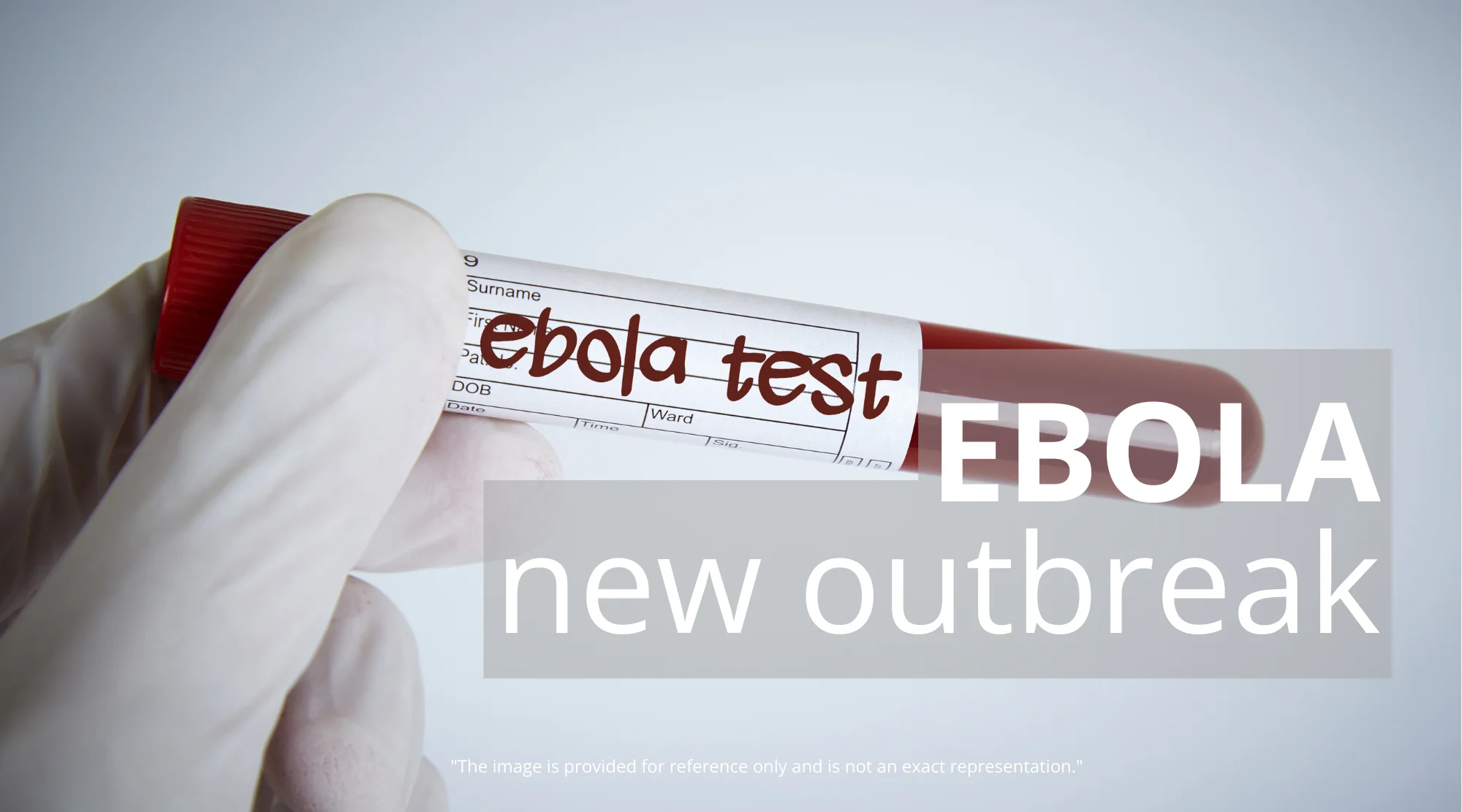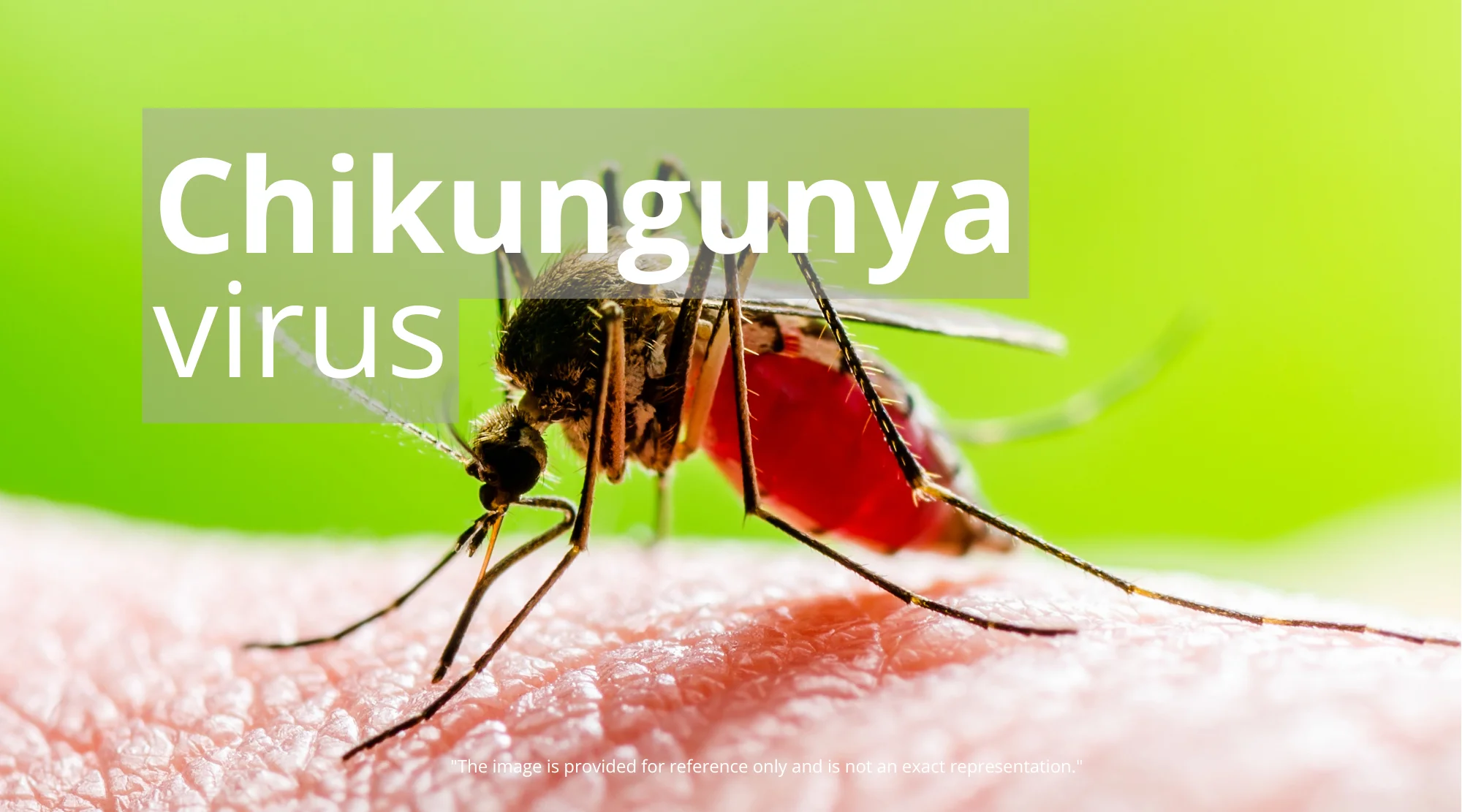Ebola Outbreak: Understanding the Threat and Taking Action
The resurgence of the Ebola virus in the Democratic Republic of Congo (DRC) is a stark reminder of the persistent threat this deadly disease poses. This recent outbreak, identified in Kasai Province, highlights the need for vigilance, robust public health measures, and a clear understanding of how to protect ourselves and our communities.
This article explores the latest outbreak, its origins, and the steps being taken to contain it. We will delve into the virus’s transmission, the symptoms to watch out for, and the preventative measures that can make a difference. Knowledge is power, and by understanding Ebola, we can contribute to both personal and global health.
Origins and Spread: Unraveling the Source of the Outbreak
The current outbreak in Kasai Province is caused by the Zaire Ebola virus, a highly virulent strain. While the DRC has faced numerous Ebola epidemics in the past, genetic analysis suggests this outbreak may have originated from an animal-to-human spillover, rather than a continuation of previous ones. This underscores the complex interplay between human activity and the natural world in the spread of infectious diseases.

Ebola virus disease (EVD) was first discovered in 1976 in villages near the Ebola River in what is now the DRC and South Sudan. Fruit bats are believed to be the natural reservoir of the virus. Humans can contract the virus through contact with infected animals, including bats, chimpanzees, and antelope.
The virus spreads primarily through direct contact with the blood or other bodily fluids of an infected person or animal. This includes contact with contaminated objects, such as needles or medical equipment. Understanding the modes of transmission is crucial for implementing effective control strategies.
Recognizing the Symptoms: Early Detection and Intervention
Ebola symptoms can appear rapidly, with an incubation period of two to twenty-one days. Early symptoms often resemble those of other common illnesses, such as fever, fatigue, muscle pain, headache, and sore throat. As the disease progresses, symptoms can escalate to include vomiting, diarrhea, abdominal pain, rash, bleeding, and shock.
Early detection is vital for improving patient outcomes and limiting the spread of the disease. Prompt medical care, including supportive treatment such as rehydration, electrolyte replacement, and the use of monoclonal antibody drugs, significantly increases the chances of survival. Vigilance, awareness, and seeking immediate medical attention at the first sign of symptoms are essential.
Protecting Yourself and Others: Prevention and Control Strategies
Controlling Ebola outbreaks requires a multi-pronged approach. Vaccination, early isolation of suspected cases, contact tracing, and quarantine are key. The Ervebo vaccine (rVSV-ZEBOV) has proven highly effective against the Zaire Ebola virus. The World Health Organization (WHO) is supporting vaccination efforts, focusing on contacts of known cases and frontline workers.
In addition to vaccination, several preventative measures can significantly reduce the risk of infection. These include:
- Practicing safe hygiene: Frequent handwashing with soap and water or using alcohol-based hand sanitizers is crucial.
- Avoiding contact with potentially infected individuals: This includes avoiding contact with their blood and other bodily fluids.
- Following safe burial practices: Traditional burial rituals, which may involve washing or touching bodies, can facilitate the spread of the virus. Safe burial practices are critical in containing outbreaks.
- Wearing personal protective equipment (PPE): Healthcare workers and those caring for infected individuals must wear appropriate PPE, including gloves, gowns, masks, and eye protection.
- Raising awareness: Educating yourself and others about the disease, its symptoms, and prevention methods is essential.
The Role of Public Health and Global Response
Ebola outbreaks can be devastating, but the global community has developed effective strategies to combat the virus. The WHO and other organizations are working to provide support, resources, and guidance to affected countries.
These measures encompass:
- Surveillance and early detection: Monitoring for outbreaks, identifying cases quickly, and implementing prompt interventions.
- Laboratory diagnostics: Providing the means for accurate and timely diagnosis of Ebola cases.
- Contact tracing: Identifying and monitoring people who may have been exposed to the virus.
- Infection prevention and control: Implementing measures in healthcare settings to prevent the spread of the virus.
- Community engagement: Educating the public about Ebola and involving communities in response efforts.
Challenges and Complexities: Addressing the Obstacles
Despite advancements in prevention and treatment, several challenges complicate Ebola control. In the DRC, existing health crises, like mpox, cholera, and measles, tax resources and attention. Armed conflict disrupts transportation and limits access to certain communities, hindering the response.
Moreover, effective vaccination campaigns need cold storage and safe transport to remote areas. Contact tracing can be challenging in insecure settings. The availability of infection prevention measures, especially providing protective gear for healthcare workers, necessitates a consistent supply. Addressing these challenges requires a coordinated and adaptable approach.
Hope Through Innovation: Looking Ahead
Scientific advancements continue to offer hope in the fight against Ebola. The development of effective vaccines is a significant achievement. Ongoing research aims to improve treatment options and diagnostic capabilities. Initiatives like EPIWATCH, an AI-driven platform, offer promise in the early detection of outbreaks. Early detection, as we mentioned, is extremely important for containing outbreaks and implementing targeted interventions.
Looking ahead, continued research, improved public health infrastructure, and international collaboration are essential for effectively combating Ebola and other emerging infectious diseases. The combination of these factors can help reduce the impact of the virus on individuals and communities.
The Importance of Community Engagement and Education
Ebola outbreaks often trigger fear and misinformation. Community engagement and education are crucial in combating these challenges. Providing accurate information, addressing concerns, and fostering trust between healthcare providers and the community can significantly improve response efforts.
This can include:
- Dispelling myths and rumors: Addressing false information about the disease and its transmission.
- Promoting prevention strategies: Sharing information about proper hygiene, safe burial practices, and vaccination.
- Supporting healthcare workers: Providing healthcare workers with the resources and support they need to safely and effectively care for patients.
- Involving community leaders: Working with community leaders to promote awareness and build trust.
It is important to note that maintaining mental well-being during health crises is crucial. If you are feeling overwhelmed or experiencing anxiety, consider practicing mindfulness and self-care techniques. Discover how to master stress with proven strategies for a calmer, healthier you. Read the article, “Master Stress: Proven Strategies for a Calmer, Healthier You.”
The Path Forward: Collective Action and Preparedness
The emergence of this new Ebola outbreak in the DRC calls for a renewed commitment to preparedness and global health security. The challenges presented by this outbreak can be addressed through the coordinated efforts of international organizations, governments, healthcare providers, and individuals.
By staying informed, practicing preventive measures, supporting those affected, and investing in research and innovation, we can work together to contain Ebola and protect the health of people worldwide.
For more information on maintaining your well-being during challenging times, explore articles on our site: “Mindful Movement: Unlock Your Inner Peace and Transform Your Health” and “The Power of Sleep: Why Prioritizing Rest is Crucial for Your Health.”
Summary: Strengthening Our Defenses
The Ebola outbreak in the DRC serves as a critical reminder of the ongoing threat of infectious diseases. Through early detection, prompt treatment, and effective preventative measures, we can mitigate the impact of this deadly virus. It underscores the need for constant vigilance, strong public health systems, and community engagement. By working together, we can enhance our preparedness and build a healthier, safer future for everyone.
This article has aimed to provide insights on understanding the threat and taking action. It’s crucial to remain informed, support prevention efforts, and promote a culture of public health awareness.














Post Comment